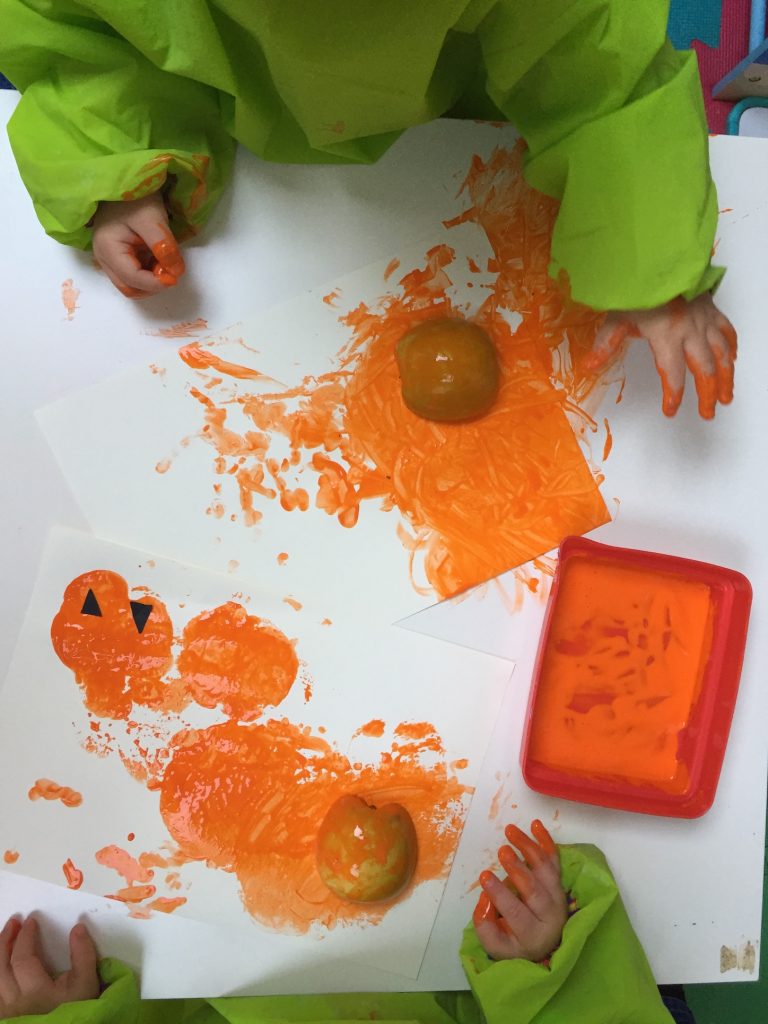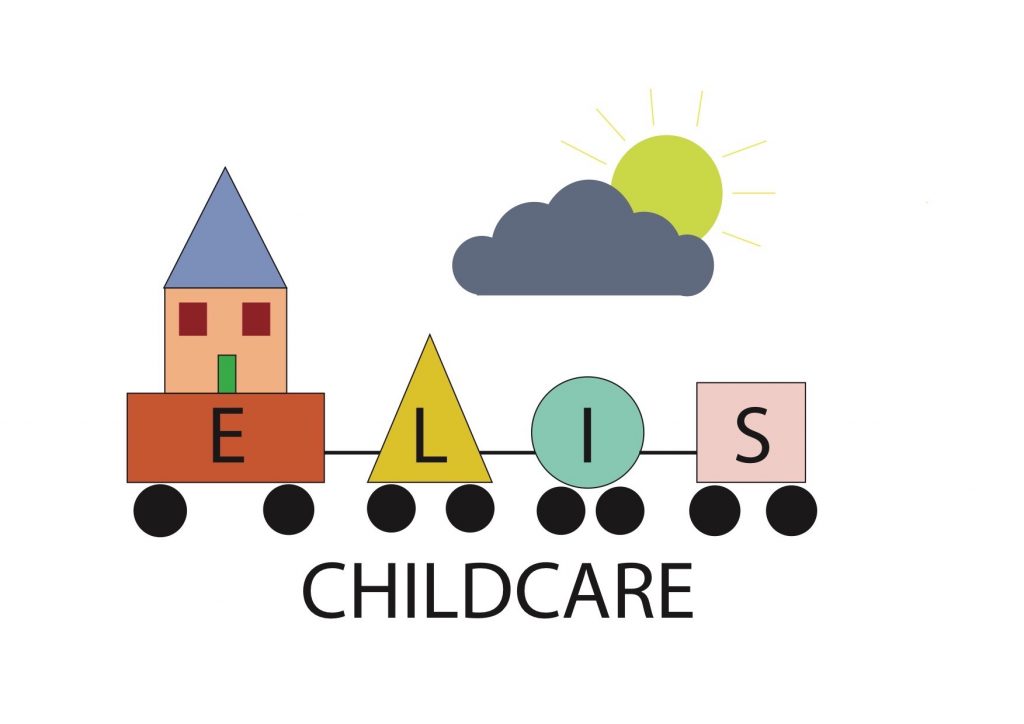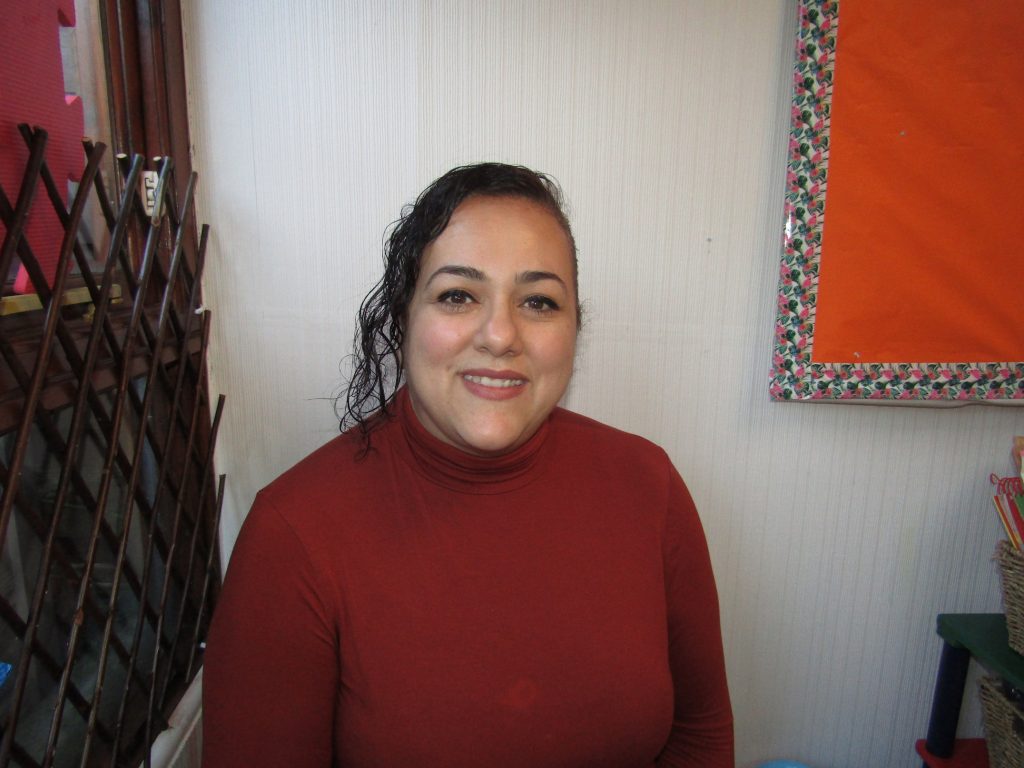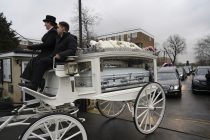Finding pre-school childcare can be one of the most daunting things for a parent. There are so many elements to consider. We asked Letife Mehmet (pictured above), an OFSTED-registered childminder with nearly 20 years of experience in childcare, for some pointers on what parents should look out for and what to ask when they are searching for the right facilities for their young child.
Letife bases her experience on her own business, Elis Childcare in Orpington, which is open weekdays from 7am to 6:30pm, for 46 weeks of the year. She explains that she can care for a child of any age, but her primary focus is on children aged between 0-5 years. Elis follows the Early Years Foundation Stage (EYFS), where the daily routine varies but includes outings, crafts, cooking and children’s choice of play, with activities planned to support the child’s individual learning and development needs. Here are her top tips:
-
Ensure the staff have the right qualifications and licences to operate as childminders
A childminder must complete a certified course in ‘understanding how to set up a home-based childcare service’ and be registered with Ofsted. They must also be Disclosure and Barring Service (DBS) Checked, and have undertaken a Paediatric First Aid course, as well as training in Safeguarding Children and Child Protection. In group settings, the manager must hold all relevant Level 3 qualifications, and have at least two years’ experience. All details about the team and their qualifications, their training and DBS checks should be openly displayed. They should also be registered on the local council’s website.
-
Check for best practice, such as child-to-minder ratios
Childcare providers must follow the Statutory Framework for the Early Years Foundation Stage guidelines. This also covers the ratio of how many children there should be per childminder. For example, carers can look after a maximum of 3 children aged 0-5. Nurseries, which operate on a larger scale have slightly different ratios, with less staff needed the older the children are, but for every age group there must be at least one staff member with a Level 3 qualification.
Ofsted and EYFS also require all childcare providers to have policies in place for safeguarding. These do not need to be written policies (though ideally they should be), but the management and staff must be able to explain their procedures to parents and the authorities. At Elis, we have written Policies and Procedures on Safeguarding Children, Managing Children’s Behaviour, and Health and Safety as part of the ‘Welcome Pack’ that we give to parents.
-
What’s core in terms of early child development?

There are seven core areas of Learning and Development set out in the Early Years Foundation Stage (EYFS), which must be covered to help children develop properly. Education and learning should always be discussed with parents, so there is a clarity and consensus around a child’s needs, the next steps in learning, and how the childcare team and parents should work together to improve the child’s development. The primary areas we focus on are Communication and Language; Physical Development, and Personal, Social and Emotional Development. In addition, the following specific areas are incorporated at age-appropriate stages: Literacy; Mathematics; Understanding the World; and Expressive Arts and Design.
-
What’s the ideal daily routine for nursery-age children?
Every day is different when childminding, but we find it’s good to have some structure, as babies and children love to know what is coming next and it helps them to feel more confident and secure. At Elis, we mix fun with child-led activities required by the EYFS. A typical day looks something like this: welcoming children in, breakfast, free play time/ set activity time/ outings (depending on the weather, we try to go on outings 3 days a week, which could be to places where there is soft play, or to places that offer story sessions/ toddlers groups, and toddler music and dance classes). We offer a mid-morning snack and outside play (weather permitting) for active play, then lunch. In the afternoon, we have reading and then nap time. There is also free play time/ set activity for afternoon children, active play, then tidy up and “Circle time”. For some, we also offer dinner time, then getting ready for Home time.
-
What about costs and government funding for childcare?
The fee can vary according to geography. In our local area in Kent, the average hourly charge for a childminder is £10. This may change depending on the number of childcare hours needed, so a weekly or monthly fee is offered instead. Additional services, such as food for the children, will cost extra.
Every child aged 3 to 4 years old is eligible to receive 15 hours of free childcare or education for 38 weeks a year in England. The government has funding available to help parents on a low income, topping up their childcare costs for children aged 2 to 16 years old with grants of up to £2,000 per child per year. Details can be found online at www.childcarechoices.gov.uk . If you have any questions, Letife can be contacted via her website: elischildcare.co.uk
If you have any questions, Letife can be contacted via her website: elischildcare.co.uk




